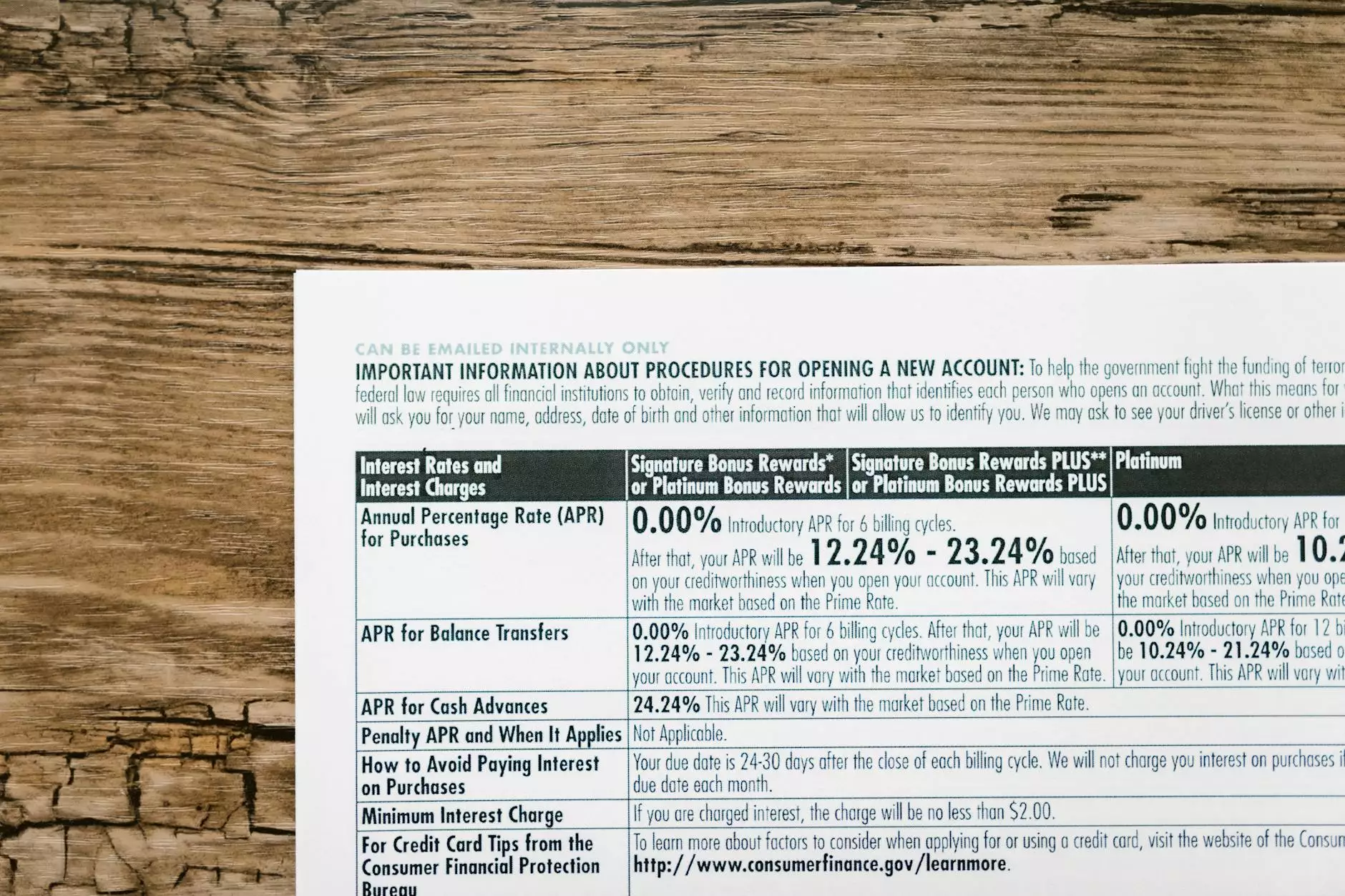The Essential Guide to Camshaft Manufacturers

When it comes to the intricate world of diesel engine parts, one vital component that often flies under the radar is the camshaft. Understanding the role of camshaft manufacturers is essential for anyone interested in diesel engines, whether you are a mechanic, a car enthusiast, or a business owner in the automotive sector. In this article, we will explore the significance of camshaft manufacturers, how they contribute to engine performance, and the future of this vital component in diesel engines.
What is a Camshaft?
A camshaft is a rotating shaft within an engine that controls the timing and operation of the engine’s valves. It plays a crucial role in the cycle of the engine, affecting how the engine breathes and ultimately its power output. Engine performance hinges on the precise synchronization of the camshaft with other engine components, making camshaft manufacturers essential in ensuring efficient and effective engine operation.
The Role of Camshaft Manufacturers
Camshaft manufacturers specialize in producing these critical components tailored for various types of engines, particularly diesel engines. Their expertise contributes to:
- Quality Control: ensuring each camshaft meets rigorous standards.
- Performance Enhancement: designing camshafts that optimize engine performance by improving the airflow.
- Innovation: incorporating new technologies and materials to enhance durability and performance.
- Customization: producing bespoke camshafts that meet specific engine requirements.
Types of Camshafts
Understanding the different types of camshafts produced by camshaft manufacturers can further illuminate their essential role:
1. Fixed Camshafts
These are the most common design used in many diesel engines. They maintain a constant timing relationship between the camshaft and the crankshaft.
2. Variable Camshaft Timing (VVT)
This technology allows for real-time adjustments in the timing of the camshaft, enabling better fuel efficiency and performance across various engine speeds.
3. Dual Overhead Camshafts (DOHC)
This design uses two camshafts per cylinder head, allowing for more precise valve control, improving power output, and efficiency.
Importance of Quality in Camshaft Manufacturing
The production quality of camshafts is paramount. A well-manufactured camshaft can significantly affect an engine's lifespan and its overall functionality. Some of the quality aspects include:
- Material Selection: High-quality steel or cast iron is typically used to enhance strength and reduce wear.
- Precision Engineering: Accurate manufacturing processes ensure components fit perfectly and work seamlessly with other engine parts.
- Testing and Compliance: Rigorous testing protocols guarantee that the camshaft performs under the pressures found in diesel engines.
How Camshaft Designs Affect Diesel Engine Performance
Different camshaft designs can lead to various performance outcomes. Here are some factors influenced by camshaft specifications:
- Valve Lift: This refers to how high the valves open, affecting airflow into the engine. A higher lift usually translates to better performance.
- Duration: The length of time the valves remain open can influence engine efficiency and power delivery.
- Overlap: This occurs when both the intake and exhaust valves are open at the same time, influencing combustion and exhaust scavenging.
Significant Trends in the Camshaft Manufacturing Industry
As the demand for more efficient and powerful diesel engines increases, several trends are emerging within the camshaft manufacturing sector:
1. Increased Use of Advanced Materials
Manufacturers are now using advanced materials such as titanium alloys and composites that provide superior strength and lower weight, improving the overall performance of the camshaft.
2. Automation and Precision Manufacturing
The advent of automation in manufacturing processes has led to higher precision in production. This results in fewer defects and greater consistency in camshaft products.
3. Focus on Sustainability
Many manufacturers are now emphasizing sustainable practices, using eco-friendly materials and processes that minimize environmental impact.
Choosing the Right Camshaft Manufacturer
When selecting a camshaft manufacturer, consider the following:
- Reputation: Research the manufacturer's history and customer feedback.
- Range of Products: Ensure they offer a wide variety of camshafts suitable for your engine type.
- Customization Options: A good manufacturer should provide customizable options to match specific performance needs.
- Customer Service: Opt for manufacturers that have a reputation for excellent customer support.
The Future of Camshaft Manufacturing
As technology continues to advance, the future of camshaft manufacturing looks promising. Innovations such as 3D printing, AI in design processes, and real-time performance monitoring systems are on the horizon. These advancements will not only improve the efficiency and functionality of camshafts but also make it easier for manufacturers to meet the specific demands of diverse engine designs.
Conclusion
In summary, the role of camshaft manufacturers is crucial in the automotive industry, particularly in the realm of diesel engine parts. Their dedication to quality, performance enhancement, and innovation directly contributes to the overall efficiency of diesel engines. As the industry evolves, staying informed about camshaft technology and manufacturers will be essential for those involved in the automotive field.
At Client Diesel, we are committed to providing high-quality diesel engine parts and establishing strong relationships with leading camshaft manufacturers. Our experience and industry knowledge empower us to meet the specific needs of our clients effectively.









